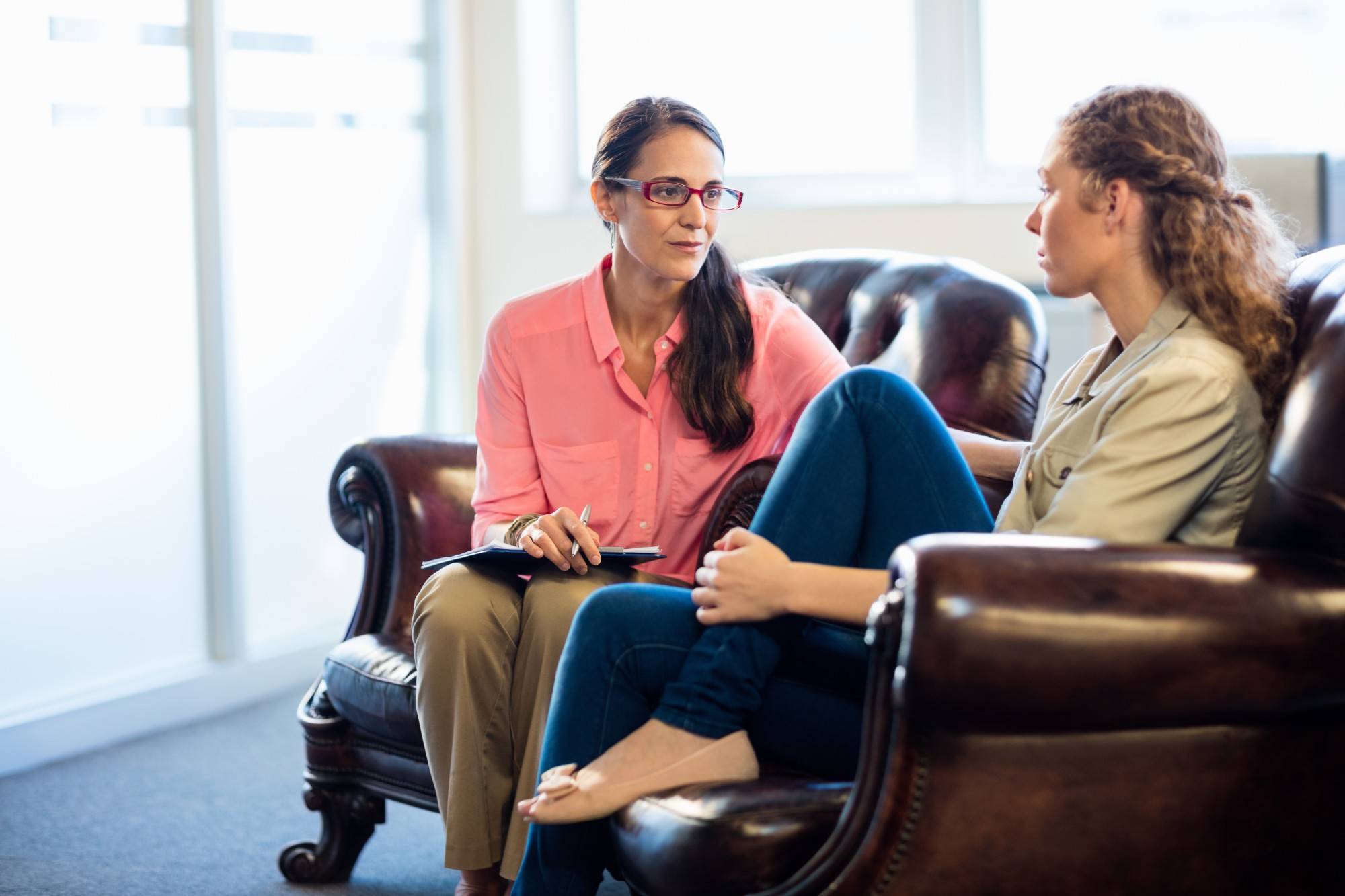Would the fact that one in 5 women attending college fall victim to the crime of sexual assault shock you? It’s not only women—one in 16 men on college campuses deal with a sexual attack.
Sexual assault shatters a person’s world, It’s not uncommon for a rape survivor to struggle with depression, anxiety, nightmares, flashbacks, and Post Traumatic Stress Disorder (PTSD).
Knowing how to cope with sexual assault is not intuitive. With help, you can survive the trauma and go on to live an emotionally healthy life. Today’s post offers five tips you can use to cope and heal.
Talk to a Friend
Many people avoid dealing with trauma by not talking about it. While it’s painful to open up about a sexual assault, talking about it is critical.
Talk to someone you trust — a friend, a teacher, a family member. Choose wisely! Supportive and empathetic people are a blessing when you’re healing from a sexual assault.
If you feel you don’t have a person you can rely on to listen and talk to you without judging, find a therapist or contact a sexual assault crisis hotline.
Seeking Legal Advice
If you’re confused about what to do after sexual assault, you’re not alone. Beyond reporting the assault to law enforcement, have you considered contacting a lawyer?
There are multiple scenarios where a lawyer can help. For example, if you were on campus when the assault occurred, your school has certain legal obligations. If the school hasn’t fulfilled those obligations, you may be entitled to damages.
A law firm specializing in assault cases can ensure you receive everything you’re entitled to regarding the incident, including holding the perpetrator accountable.
It Was Not Your Fault
Blame and shame are two activities most sexual assault victims let take over their lives. In their head, most victims know they’re not to blame. That doesn’t mean a victim won’t struggle with guilt and shame.
Sexual assault is not the victim’s fault!
Surround yourself with supportive people who reinforce that you have nothing to feel ashamed about because you’ve done nothing wrong.
Join a Support Group
After a sexual assault, it’s not unusual to feel isolated and alone. Even victims who have a good support network of family and friends often feel this way.
A support group not only helps victims deal with symptoms. Support groups offer all kinds of sexual assault resources to help with recovery.
How to Cope with Sexual Assault Through Self-Care
Healing from sexual assault takes time. Most victims must learn to cope with a variety of residual symptoms, including fear and anxiety.
During this time, it’s not selfish to focus on caring for yourself. Here are few ways you can ensure you’re allowing your body and your mind to recover:
- Eat healthily and exercise.
- Get plenty of sleep.
- Limit social media.
- Avoid sexually explicit (or violent) movies and shows.
Some people find that journaling can help them process things that they can’t yet verbalize.
Looking for More Articles Like This One?
We’ve shared just a few ideas about how to cope with sexual assault, but there are many more you can try. When you choose a support group, ask about sexual assault recovery tips that have worked for other victims.
If you’ve enjoyed reading this article, we’d love for you to continue reading our blog. You’ll find a range of items designed to help you live life more fully.
